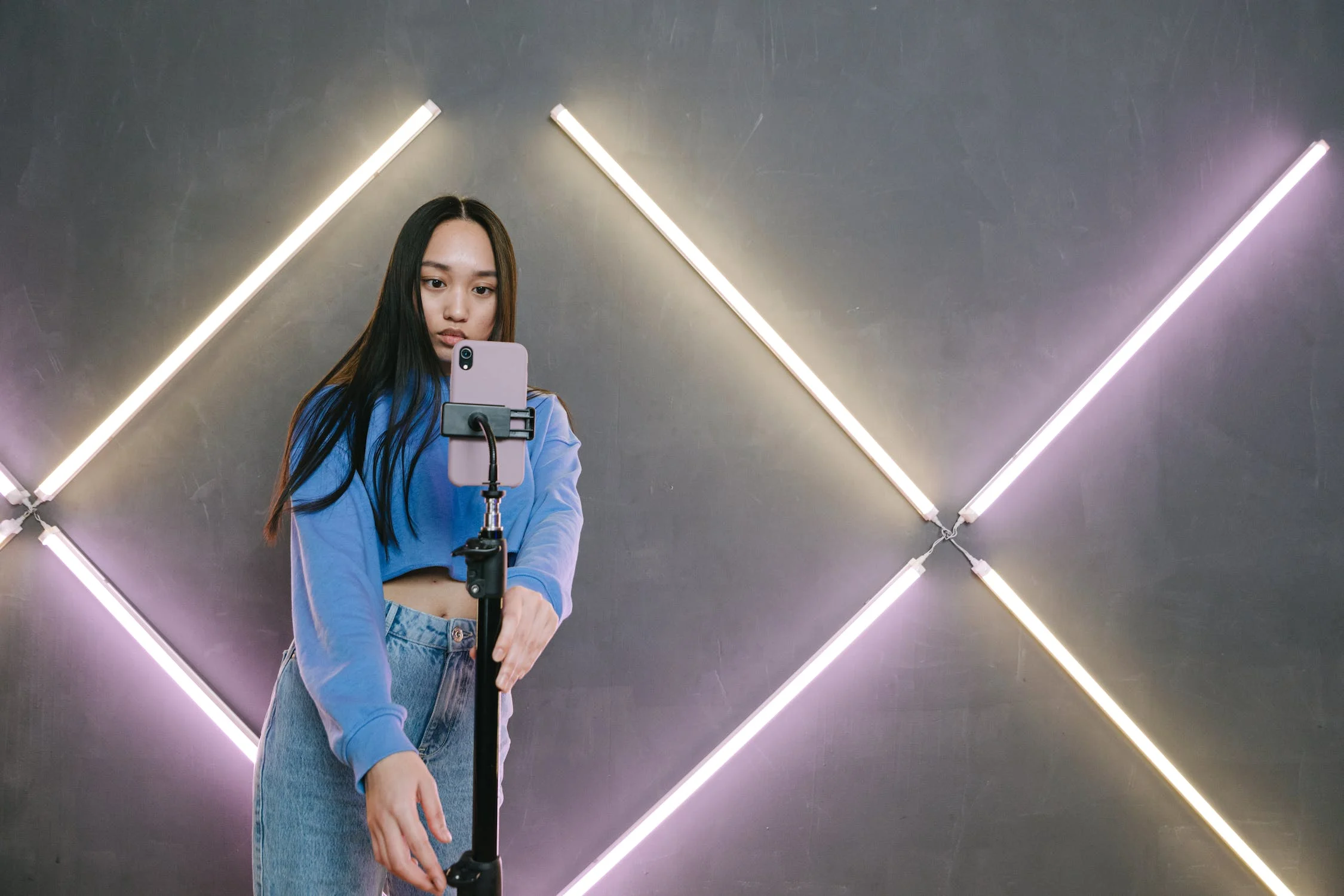
(Photo credit: Cottonbro Studio)
Two months ago I went on a vacation with a smoking gun - the best itinerary man has ever seen. I dined at the finest restaurants, I partied at the hottest beach clubs, I lounged on the most luxurious sunbeds. I was a tourist that could have easily been mistaken for a local. And it was all because the night before I left, I had made a quick search on the world’s best search engine - TikTok. Unlike Google, TikTok was able to give me instant access to some of the world’s most cultured influencers, access to locals who know where all the non-touristy spots are, and access to expatriates who have learned time and time again the best ways to get to know new countries. And I had that information in seconds. I didn’t have to read anything, I didn’t need to flick through endless pictures on TripAdvisor that tell me little to nothing about the vibe; I watched a thirty second video and knew where I wanted to eat, party and tan. I got to experience the atmosphere of every recommended location from my living room. I got to see what kind of people would be there, how busy it was, what the best time to visit was.
With TikTok’s ever growing community of influencers, experts, academics and professionals coming from various different fields, the app that started off as a dance-and-mime social platform has transformed into an incredible hub of information with a wealth of knowledge. The app grants you access to communities of philosophers, healers, leaders, and teachers, and the education ranges from lessons in lifestyle, entertainment, culture, and academia. This is both glorious and potentially very harmful - a brilliant tool to spread both awareness and misinformation.
(Photo credit: George Milton, Ivan Samkov)
TikTok has taught people how to manifest, how to ‘quiet quit’, how to invest, how to flip properties, how to assert and maintain boundaries, where to get your booster vaccine, how to travel on a budget. It has also promoted problematic discourse around sex positivism and ‘empowerment’ in underage children, glamourisation of mental illness, capitalist propaganda, and the escalation of somewhat harmful conspiracy theories. The reason for this: TikTok users do not discriminate in terms of who and where they get their information from. Users don’t seem to mind whether their teacher is a teenager making videos in his bedroom or a qualified and licensed professional. This is, once again, both glorious and harmful, granting everyone the opportunity to find and fulfil their purpose but also allowing vulnerable people to be misled. That said, this is no different from Google, from YouTube, or any other search engine that gives you access to both Reddit forums from random people and news articles written by experts. Even the BBC is a TikToker, after all.
Unlike other search engines, you don’t have to be searching to find. I couldn’t count the sheer amount of times I have ended up going somewhere I’d never previously heard of because I was just mindlessly scrolling. I wasn’t looking for New Orleans style soul food in London before TikTok. I wasn’t looking for indoor soft play centers for adults before TikTok. I didn’t even know these things existed.

(Photo credit: Mart Production)
But the question remains: will it take over Google? Google continues to dominate the search market with 91.9% of market shares (GS Statcounter, 2022) and 8.5 billion searches per day (Internet Live Stats, 2022). This is unlikely to change any time soon, but since 63% of searches come from the mobile phone (Merkleinc, 2019), and TikTok was the most downloaded mobile application in 2021 (Apptopia, 2021), it is possible that TikTok could be taking a very massive bite out of Google’s pie in the near future. 84% of Google users check Google more than three times a day (Moz, 2019), which is a vague yet impressive statistic. However, statistics show that the average TikTok user opens the app at least nineteen times a day (Business Insider, 2021), blowing Google’s user engagement out of the park. It’s fair to say that while Google may always be the default search engine on our web browsers, for a large number of people, the instinct when looking for a list of “the best boroughs to live in” or “the ultimate Christmas gift guide for your girlfriend” is to ask TikTok.







Comments